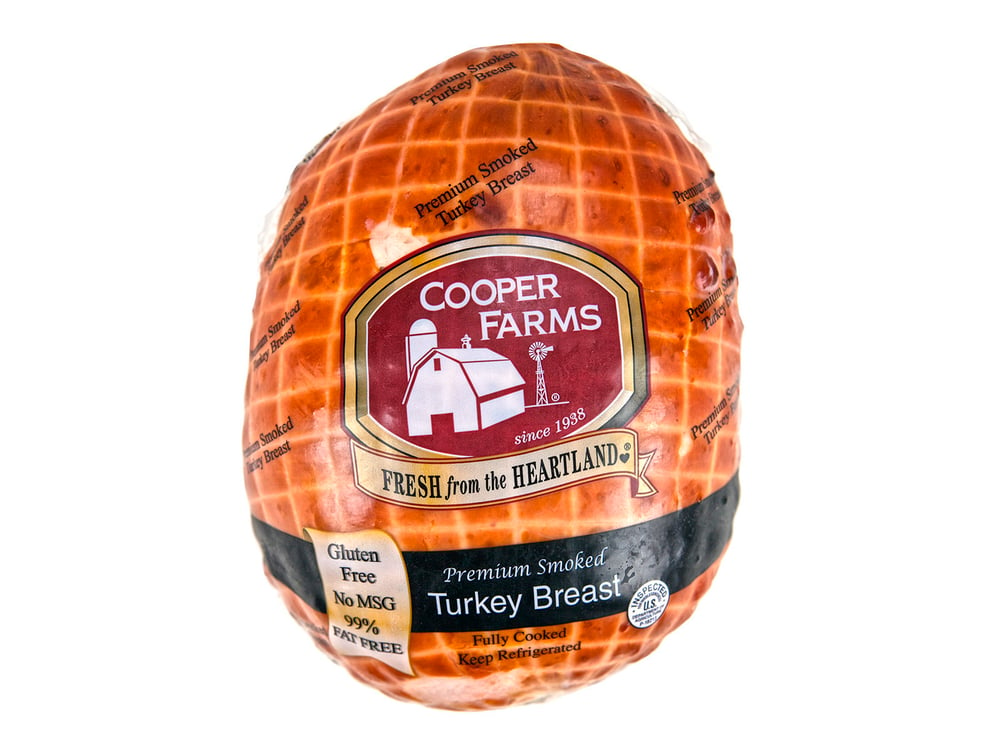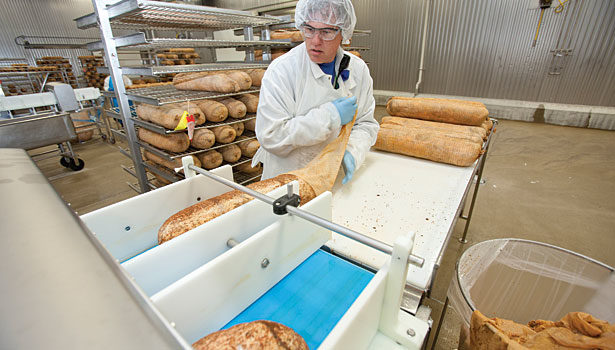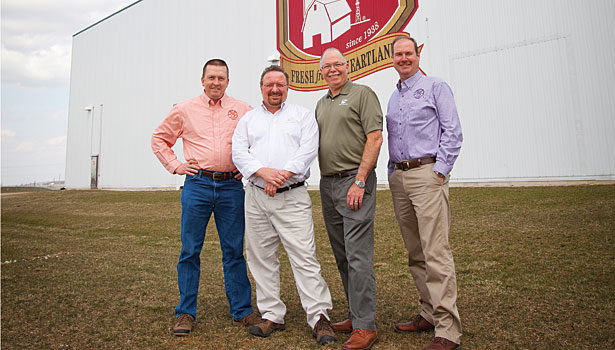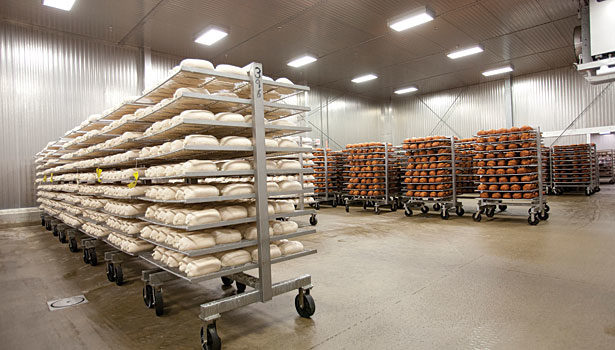
“The installation was smooth and well-planned so we didn’t miss a beat during the changeover,” says Eric Ludwig, plant manager at Cooper Farms-Cooked Meats.
Cooper Farms-Cooked Meats, a division of Cooper Hatchery, Inc., supplies cooked deli and sliced turkey products to private-label customers and national restaurant chains across the U.S. Plant Manager Eric Ludwig sought a modern solution to upgrade outdated equipment and improve operational control. He needed a system that could manage:
Additionally, Ludwig required a solution that could communicate seamlessly with the Defiance, Ohio, warehouse and distribution center. “We also needed a system the operators could easily use,” he noted.
After reviewing several proposals, Cooper Farms chose CAT Squared’s smart-manufacturing solutions, specifically designed for ready-to-eat and ready-to-cook plants.


To eliminate the costs associated with traditional wiring, CAT Squared’s implementation team utilized radio frequency (RF) equipment, including portable barcode printers and RF interfaces for scales and other plant equipment. This setup enabled system access from anywhere within the plant.
CAT Squared’s Further Processing Solutions collected data from every process on the production floor, integrating intelligent labeling, barcode scanning, and live scale weighing. This allowed real-time monitoring and analysis of yield and production data, providing Cooper Farms with total management capabilities based on real-time insights.

The six-phase implementation of CAT Squared’s monitoring, recall tracking, and process control systems at Cooper Farms-Cooked Meats was done in fewer than six months. The entire installation was completed without disrupting operations, and no additional personnel were required. Eric Ludwig appreciated the system’s performance, saying, “I like the system because I’m able to generate information in reports I could never track before.”
By leveraging CAT Squared’s comprehensive data tracking and process control capabilities, customers can significantly enhance their operational efficiencies, reduce waste, and improve product quality. These improvements lead to reduced costs, higher yields, and faster response times, directly contributing to increased profitability and a stronger competitive position in the market.